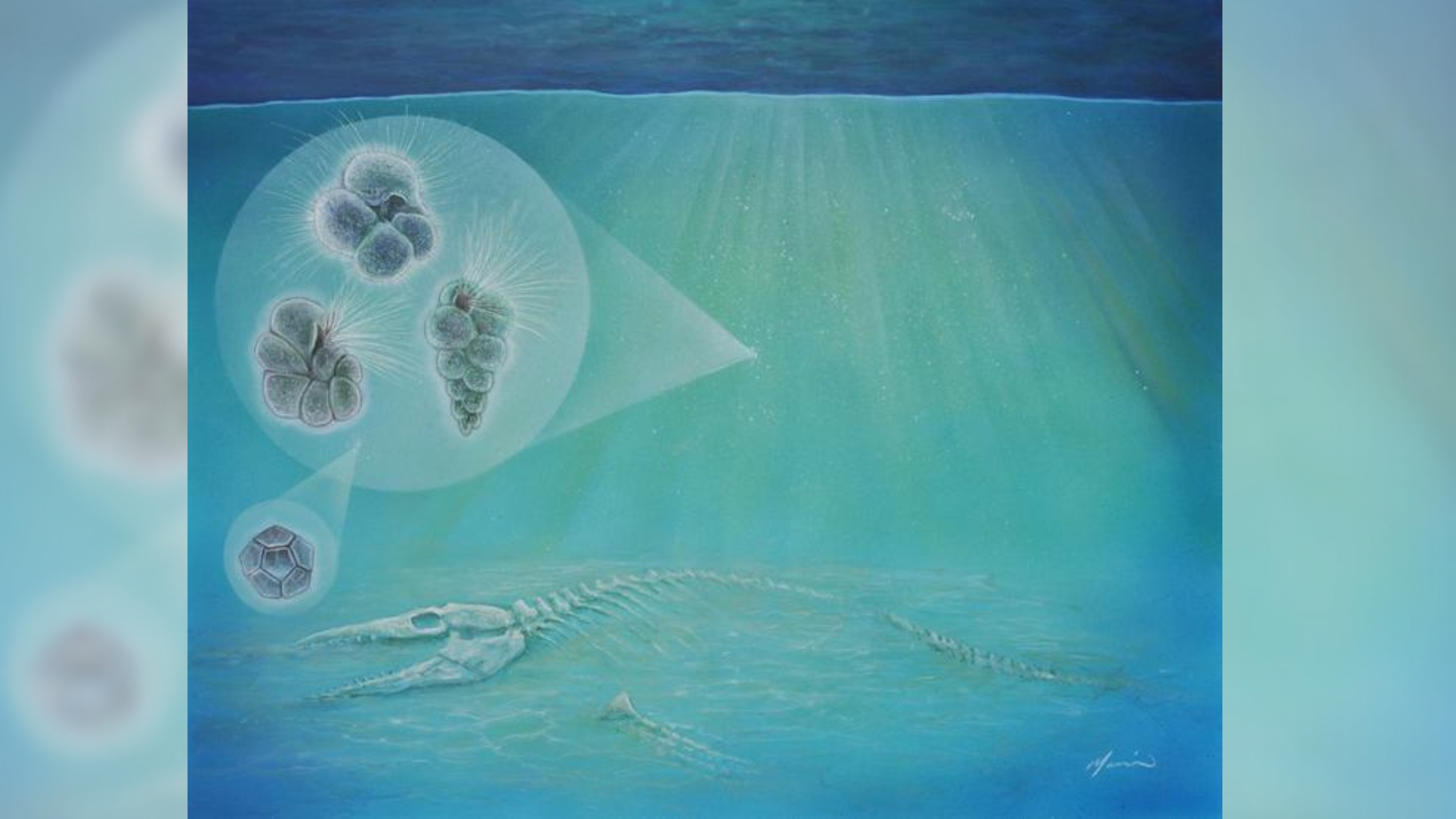What If? 22 Crazy Hypothetical Questions (and their Answers)
What if there were no gravity?

If the universe had formed with no force of gravity, it would be completely flat and featureless. If it had developed normally up to the present moment, and then gravity suddenly shut off, we'd all go flying into space. [Get the full explanation]
What if Earth's magnetic poles flip?
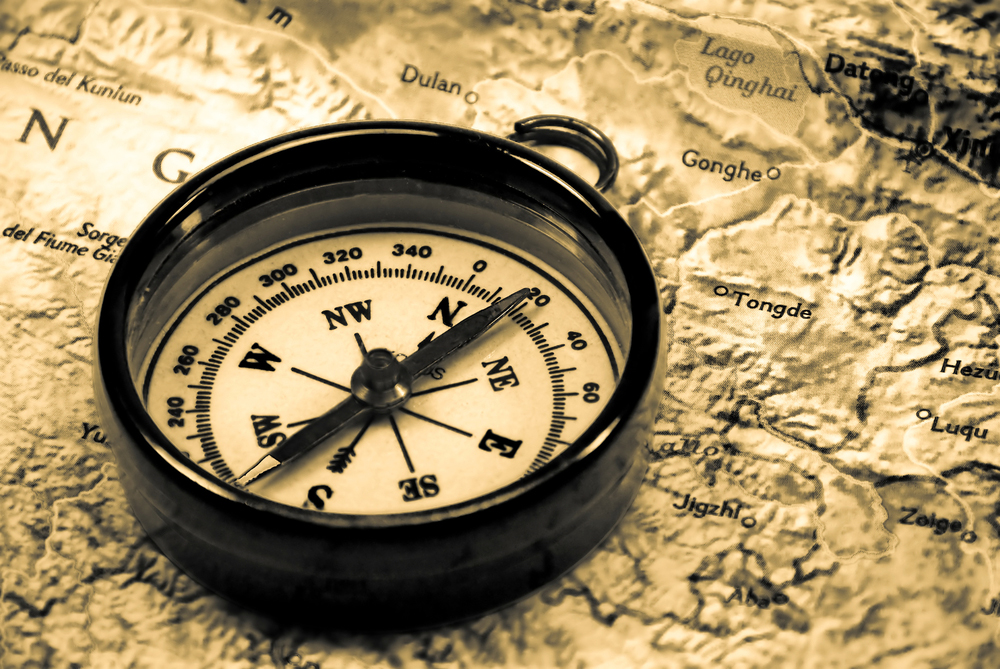
It's not a question of if, but when. Every once in a while during Earth's history, north and south have switched. It happens when iron atoms in the liquid outer core gradually reverse their orientation over a few thousand years. The in-between phase, when the geomagnetic field is weak, is roughest on Earthlings. [Find out what might happen to you when the field flips.]
What if the forces that form molecules were stronger?

Molecules form when the protons in adjacent atoms "share" electrons. If the electromagnetic force that drives this relationship had a different strength, the universe would probably be devoid of life, and even stars and planets. The attraction between positively charged protons and negatively charged electrons is perfectly tuned at a value that allows atoms, and larger aggregates of atoms like those in biomolecules, to form. [Get the full explanation]
What if you only ate one type of food?

There is no one food that has it all. Choosing to eat only one fruit, or vegetable or grain would lead to organ failure. Consuming only meat would eventually force your body to start munching on your own muscles. And if you stuck solely to almost any single food besides fruit, you would develop a serious case of scurvy. All single-food roads lead to death. [Find out the best thing for a single-food diet.]
What if the sun were half as big?
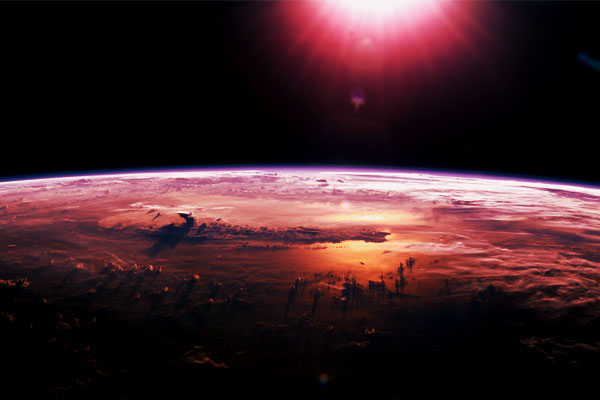
At that size, the sun would be much cooler and redder, a stellar variety known as a "red dwarf." The band around it that would be suitable for life, known as the "habitable zone," would be much smaller, and Earth would not be in it because our water would freeze solid. Mercury, on the other hand, would be sitting pretty. [Get the full explanation]
What would happen if you shot a gun in space?
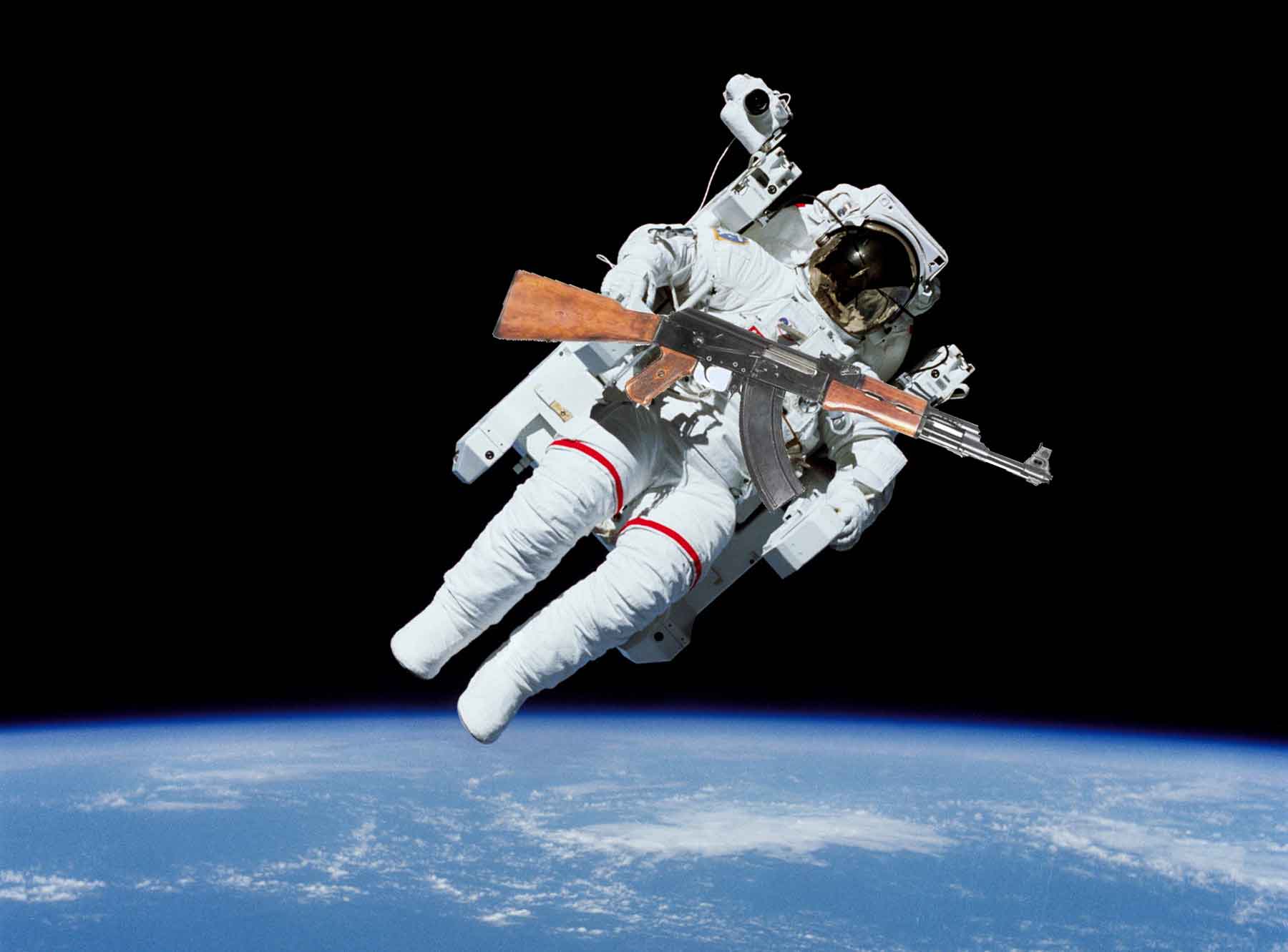
Guns can shoot in space, and this allows for all kinds of absurd scenarios. If you're in the vacuum between galaxies, pulling the trigger will send you and your bullet careening through space literally forever. If you shoot a gun in the solar system, your bullet will get sucked toward the sun or one of the giant planets. And if you shoot a gun toward the horizon while standing on a mountain on the moon, you could theoretically shoot yourself in the back. [See the crazy gun Russian cosmonauts take into space.]
What if all toilets were flushed simultaneously?

If we coordinated the simultaneous flushing of all 350 million toilets in the United States, there would likely be pipe explosions in some places caused by a shortage of water for refilling all the bowls (and thus, air entering the pipes, causing pressure changes). But for the most part, crisis would be averted by a technicality: Each toilet is located a different distance away from the main sewage line, so simultaneous flushes are actually staggered when it comes to delivering their water to the main. Rather than a peak in sewage flow, the system would receive a smooth curve of commode contributions. [Get the full explanation]
Get the world’s most fascinating discoveries delivered straight to your inbox.
What if there were no seasons?
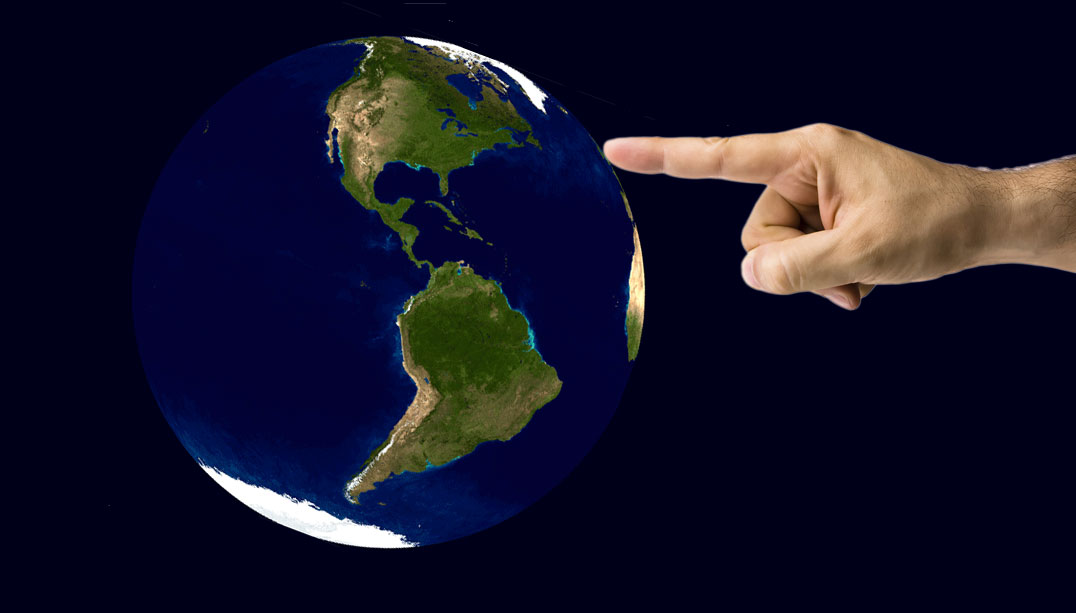
If Earth's axis weren't tilted, there would be no seasonal variation, and humans would be confined to the continuous warmth of the planet's mid-section. We most likely would never have developed advanced agriculture, as most staple crops require cold winters, and would constantly be plagued by horrific insect-borne diseases. Forget the Industrial Revolution and the modern conveniences that sprung from it: Much of our technology has its roots in the existence of winter, because it is a by-product of inventions of new and better ways to keep warm. [Read more about life in a season-less world]
What if humans had eagle vision?

If you swapped your eyes for an eagle's, you could see an ant crawling on the ground from the roof of a 10-story building. You could make out the expressions on basketball players' faces from the worst seats in the arena. Objects directly in your line of sight would appear magnified, and everything would be brilliantly colored, rendered in an inconceivable array of shades. [Read more about life with eagle eyes]
What would we do if we discovered aliens?
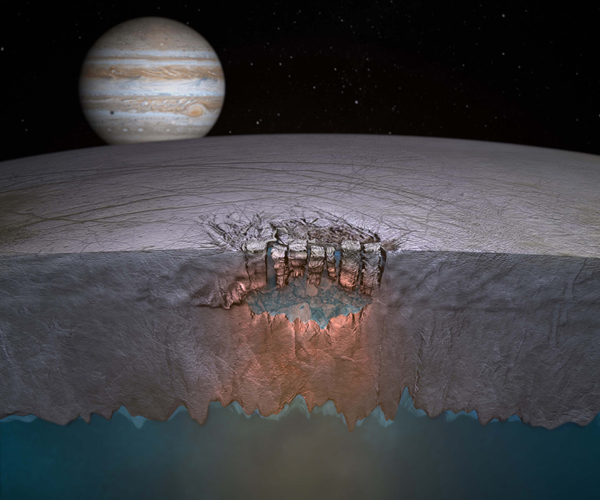
It is theoretically possible (if unlikely) that we could find alien life on Mars or in the underground lakes of Europa, a moon of Jupiter (pictured). Samples of simple, non-sentient life forms would be collected for careful laboratory analysis, while more advanced beings would be approached with extreme caution. We would take a series of steps to ensure that human-alien contact would be beneficial for both civilizations before proceeding. [Read about the seven steps to contact]
 Live Science Plus
Live Science Plus






